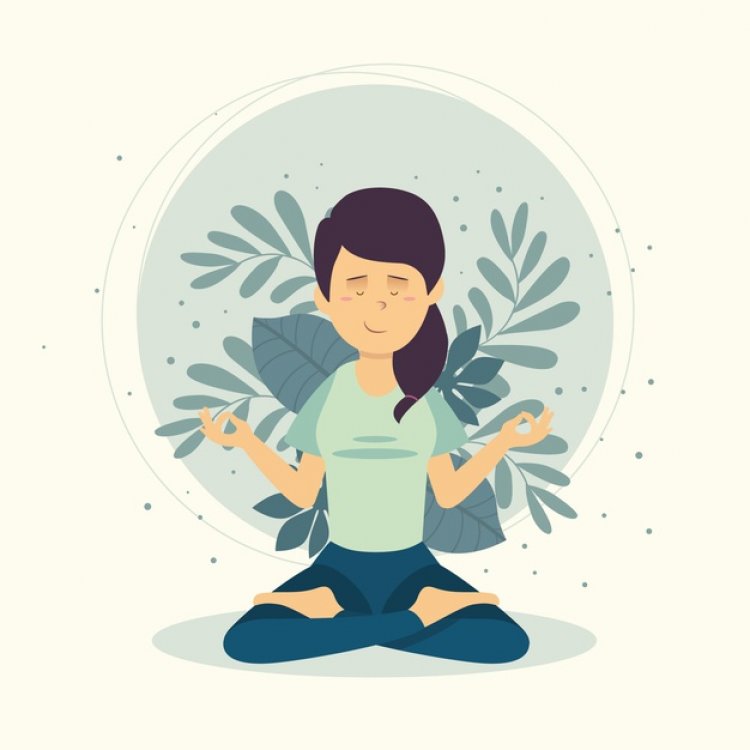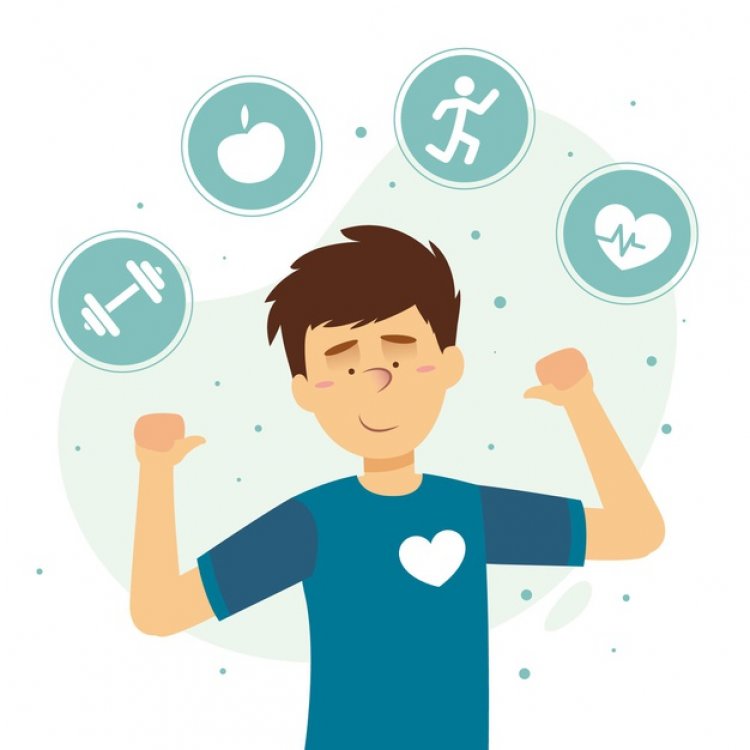11 Tips for Mental Health & Well-being
The 11 tips below are general suggestions for wellness. If you need more help, reach out. It is a normal and courageous thing to do.
The 11 tips below are general suggestions for wellness. If you need more help, reach out. It is a normal and courageous thing to do.
1. Be Kind to Yourself: It's easy to be harsh on yourself when you're feeling down. Even if you don't feel like congratulating or complimenting yourself, strive to be kind. Here's a bonus tip: if you're having trouble being nice to yourself, do something nice for someone else. Then, compliment yourself on doing it!
2. Exercise: Even a short stroll or a flight of steps can help to relieve stress and improve alertness. A regular exercise programme can improve one's mood, attention, and even aid with anxiety and depression symptoms.
3. Eat Healthy: Vegetables and fruits? Foods that are high in nutrients. Sure. Unless it's water, don't drink 10 glasses of anything in a day. However, eating well also includes having a positive attitude toward food. Enjoy meals with friends, experiment with different dishes, and refrain from obsessing over food. Get the facts on eating disorders if you notice that your relationship with food is impacting your mental or physical health, take the important step of finding help.
4. Sleep Well: The American Academy of Sleep Medicine recommends between 8–10 hours of sleep per night for teenagers and over 7 hours for those ages 20 and up. But Sleeping well also refers to the length and quality of your sleeping. Dr. Eleanor McGlinchey, a sleep health expert, recommends that you get up at the same time every day, even on weekends and holidays. This easy trick will assist you in combating Monday morning jet lag (also known as "social jet lag") and ensuring that you are operating and feeling your best.
5. Before you go to bed, put the devices to sleep: Studies have shown that glancing at screens before night might alter how quickly you fall asleep and the quality of your sleep. Melatonin, the hormone that regulates your sleep/wake cycle, is affected by blue light from your smartphone. Reading, texting, tweeting, and other such activities keep your mind engaged when it should be winding down. Then there are the texts that come in the middle of the night.
6. Breathe Deep: Just give it a shot. Take a deep, calm breath in. Begin with your belly button and work your way up into your ribs, chest, and lungs. Breathe out slowly as well. Counting can be beneficial ("1, 2, 3, 4, 5 ...") Repeat.
7. Connect with Others: Friends, family, pets...even a nice hi to a stranger can increase your mood, help you avoid depression and anxiety, and make you feel connected to others. Concentrate on the quality of your interactions and friendships rather than the quantity. Keep the connection going if someone makes you feel encouraged, joyful, useful, liked or loved, or any other pleasant sentiments.
8. Make a list of ways to unwind: Relaxing is one of those things that is easy to say but difficult to achieve. It takes practise to relax and remain calm. Make a list of suggestions about how you can de-stress in a constructive way. One step at a time, try them out. When something works, give it another shot. Just keep in mind that you're aiming for health. Short-term remedies (such as medications, alcohol, and other types of substance abuse) will not assist in the long run. As a result, cross them off your to-do list. Include a mental image or a photograph of a lovely location that you hope to visit one day.
9. Find Help (and Be Helpful): If you or someone you know is having trouble, seek help. This could be a family member or a friend. It could also be talking to a therapist, a family doctor, or a mental health expert. Look for another support option that is better for you and your needs if the individual you meet isn't providing you with the kind of help you require. Similarly, if a friend, family member, or someone you know is depressed, consider whether there is anything you can do to cheer them up.
10. Take Small Steps: You'll probably get nowhere if you try to do everything at once. Specific goals, then draw a dotted line from point A to point B to point C. Along the road, take a break and rest. You'll be grateful for it later.
11. Be Nice to Yourself: That has already been said. It is, yet, worth repeating.

























